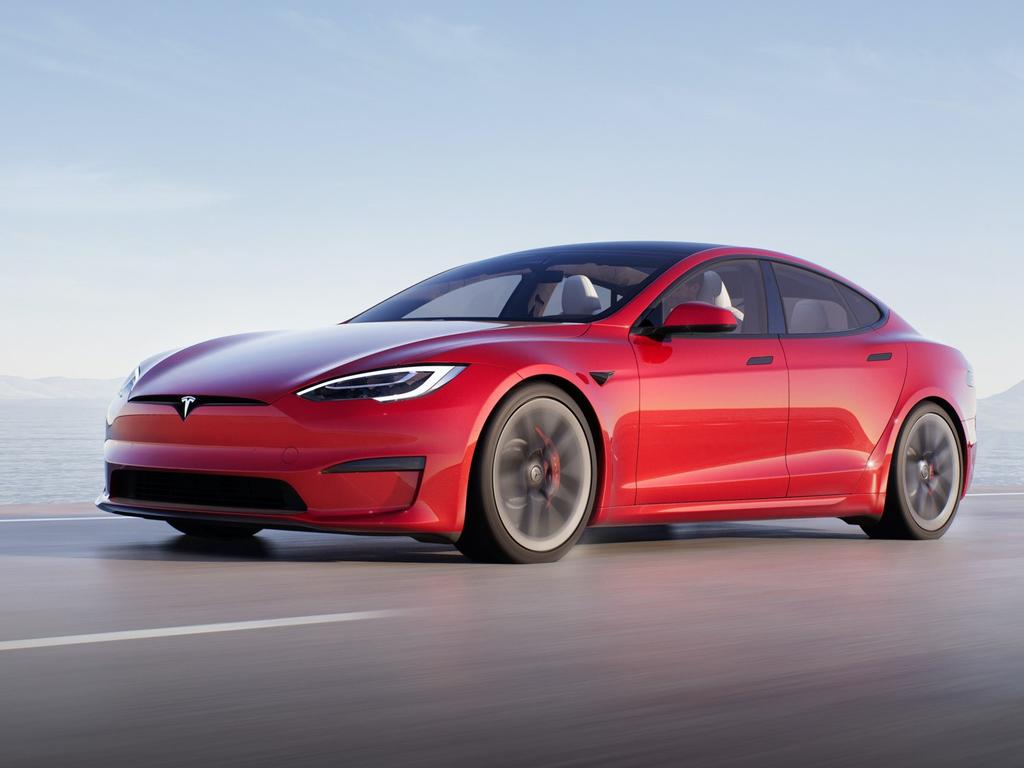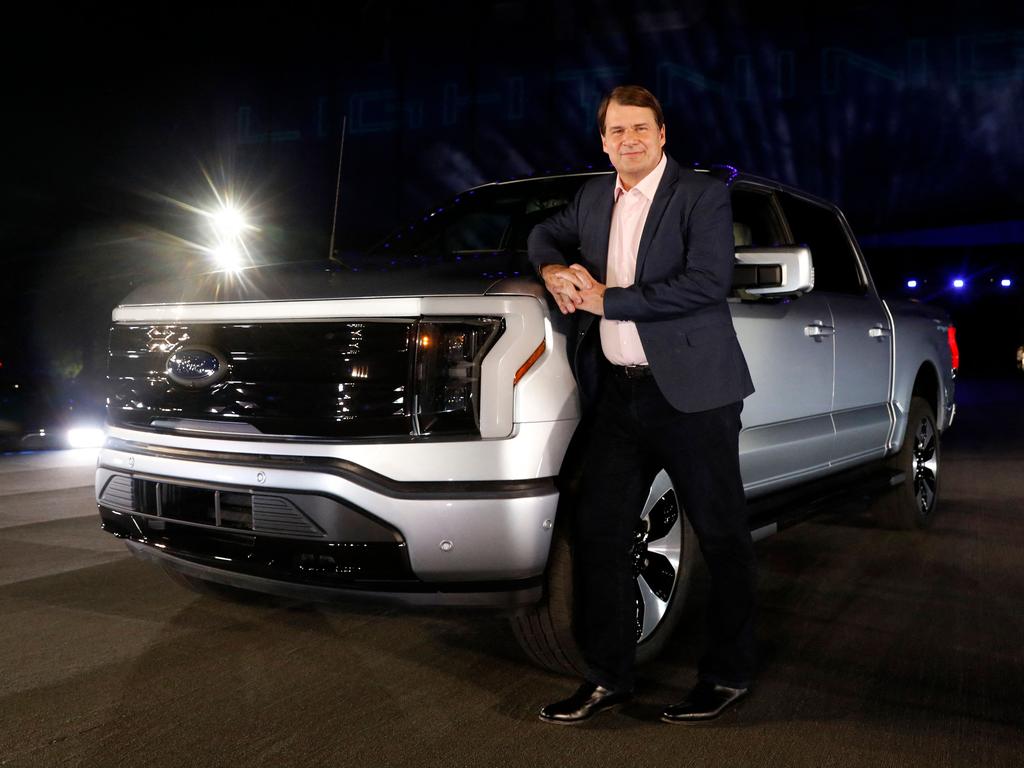Battery win there for the taking for Australia: report
Australia needs to invest $23bn over the next decade to take full advantage of its mineral riches in the battery boom.

Australia needs to invest $23bn over the next decade to take full advantage of the battery boom and develop downstream manufacturing industries to take full value from Australia’s mineral riches.
The prize is the development of a new $7.4bn a year new industry in Australia over the next decade, and the creation of an additional 34,700 new jobs to service it, according to the Future Battery Industries Cooperative Research Centre, created by the federal government to bring together industry, scientists and governments in 2019 to help Australia cash in on the gathering battery boom.
A new report from the Future Battery Industries CRC, by global professional services major Accenture, will be released by federal emissions reduction minister Angus Taylor on Thursday.
The report argues Australia can take advantage of its mineral wealth by specialising in some aspects of battery technology, and moving quickly to attract investment by chemicals majors to realise the long-held goal of processing more of the country’s mineral wealth.
Australia already produces eight of the nine key inputs into current battery technology, and supplies up to half of the world’s market for commodities such as lithium.
About $2.3bn has already been committed to take refining one step down the chain in Australia, to the production of lithium hydroxide and nickel sulphate, with Australian corporate majors such as BHP, Mineral Resources and Wesfarmers teaming up with international giants Albemarle and SQM.
The next steps through the value will be more difficult, the report says, but by specialising in areas where Australia is already ahead of the world – such as big energy storage batteries, fast-charging technology, and development of storage devices able to withstand the extreme climates – a large and profitable niche industry can be built.
Accenture director and report author Toby Brennan said Australia shouldn’t try to compete with the battery megafactories being built in China and the US to supply the electric vehicle market. Instead it should look to Germany’s specialised manufacturing economy for a template for the development of a specialised Australian industry.
“Electric vehicles are going to be two thirds of global demand for batteries by 2030 – but that’s going to be the commoditised space where the big manufacturing countries, the low cost manufacturing companies like China will be tough to compete with,” he said.

“But we don‘t have to compete with them in that space. There are lots of important specialised use cases and use cases that in fact, are developing faster in Australia, where we can focus, where we can specialise.”
The Australian battery industry already delivers about $1.3bn to the economy and has created about 6000 jobs, the report says. Maintaining the current pace of mine development, and limited secondary processing, will deliver a $4.1bn battery minerals industry employing about 18,700 jobs by 2030.
But moving further down the value chain will almost double those figures, to $7.4bn delivered into the economy each year, and almost 35,000 jobs in the battery sector.
That is only a relatively small share of the total global battery market by 2030, estimated at up to $US151bn, but enough to create a profitable new industry in the long term.
Private sector investment of $17bn to $23bn would be needed to build that industry, the report says, along with significant support from the states and the federal government. Up to $14bn of that would likely be in mining-focused industries, with up to another $6bn in refining and chemical processing, and up to $3bn in manufacturing.
The report calls on the federal government to develop an industry development strategy specifically for the battery industry, to encourage investment from offshore chemistry giants as well as the mining sector, matching the policy direction of countries like the UK, Finland, Canada, Chile, Germany and the US.
Future Industry Batteries chief executive Stedman Ellis said Australia’s current approach was fragmented, despite acknowledgment that battery technology will play a key role in other policy areas such as emissions reduction and manufacturing development.
“If I talk to our participants, particularly the international ones, part of the feedback I get is that it would provide a level of comfort, so they can actually see a political commitment to the development of the industry,” he said.
Mr Ellis said the federal government could also broaden the mandate of the Australian Renewable Energy Agency and the Clean Energy Finance Corporation to help fund downstream battery manufacturing projects, and work with state and territory governments to help create manufacturing hubs to help build scale in the emerging industry.






To join the conversation, please log in. Don't have an account? Register
Join the conversation, you are commenting as Logout